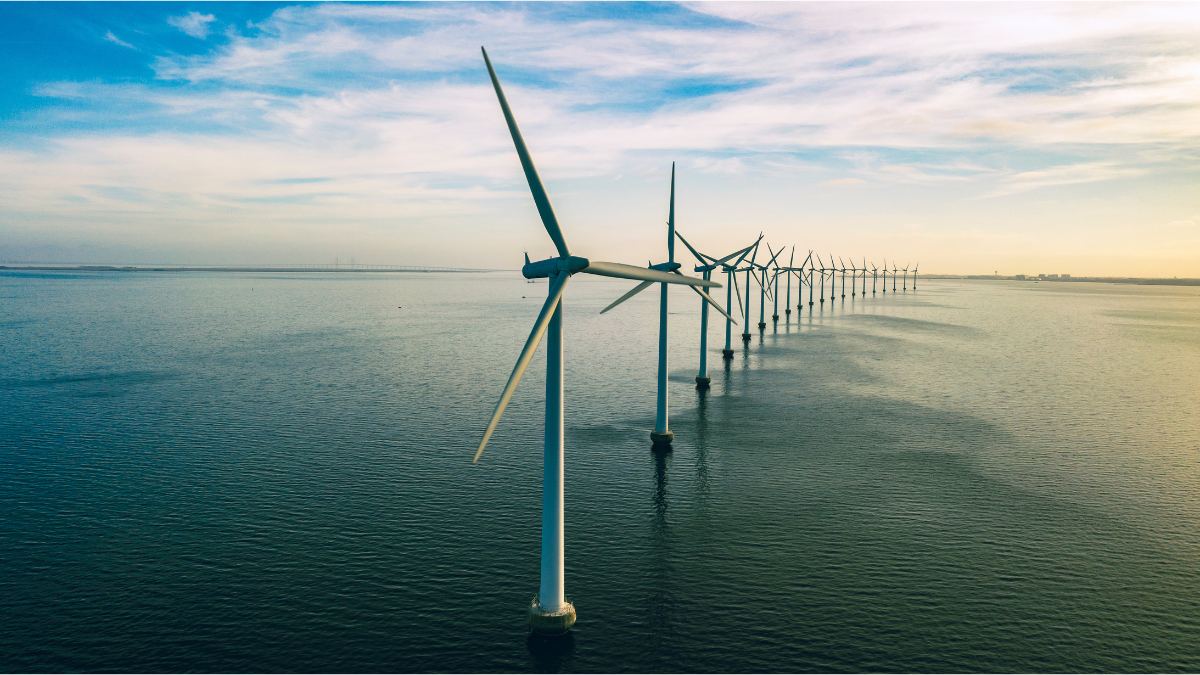Wind farms are cheaper than you think – and could have prevented Fukushima
Offshore wind could have prevented the Fukushima nuclear disaster, according to a review of wind energy led by the University of Surrey.

The researchers found that offshore turbines could have averted the 2011 nuclear disaster in Japan by keeping the cooling systems running and avoiding meltdown. The team also found that wind farms are not as vulnerable to earthquakes.
One of the report’s starkest findings was that new wind farms can produce energy much more cheaply than new nuclear power stations.
The lifetime cost of generating wind power in the UK has fallen dramatically, from £160/MWh to £44/MWh. This includes all the costs of planning, building, operating and decommissioning the wind farm over its entire life.
By comparison, the UK Government agreed to pay £92.50/MWh for energy produced at Hinkley Point C nuclear power station.
Although less power is generated in calmer conditions, the electricity generated could be stored in batteries – as planned for the Ishikari project off the coast of Hokkaido, Japan. Or it could be used to produce hydrogen from seawater, giving us the fuel of the future.
The research is published in the journal National Institute Economic Review.
Related sustainable development goals



Media Contacts
External Communications and PR team
Phone: +44 (0)1483 684380 / 688914 / 684378
Email: mediarelations@surrey.ac.uk
Out of hours: +44 (0)7773 479911
